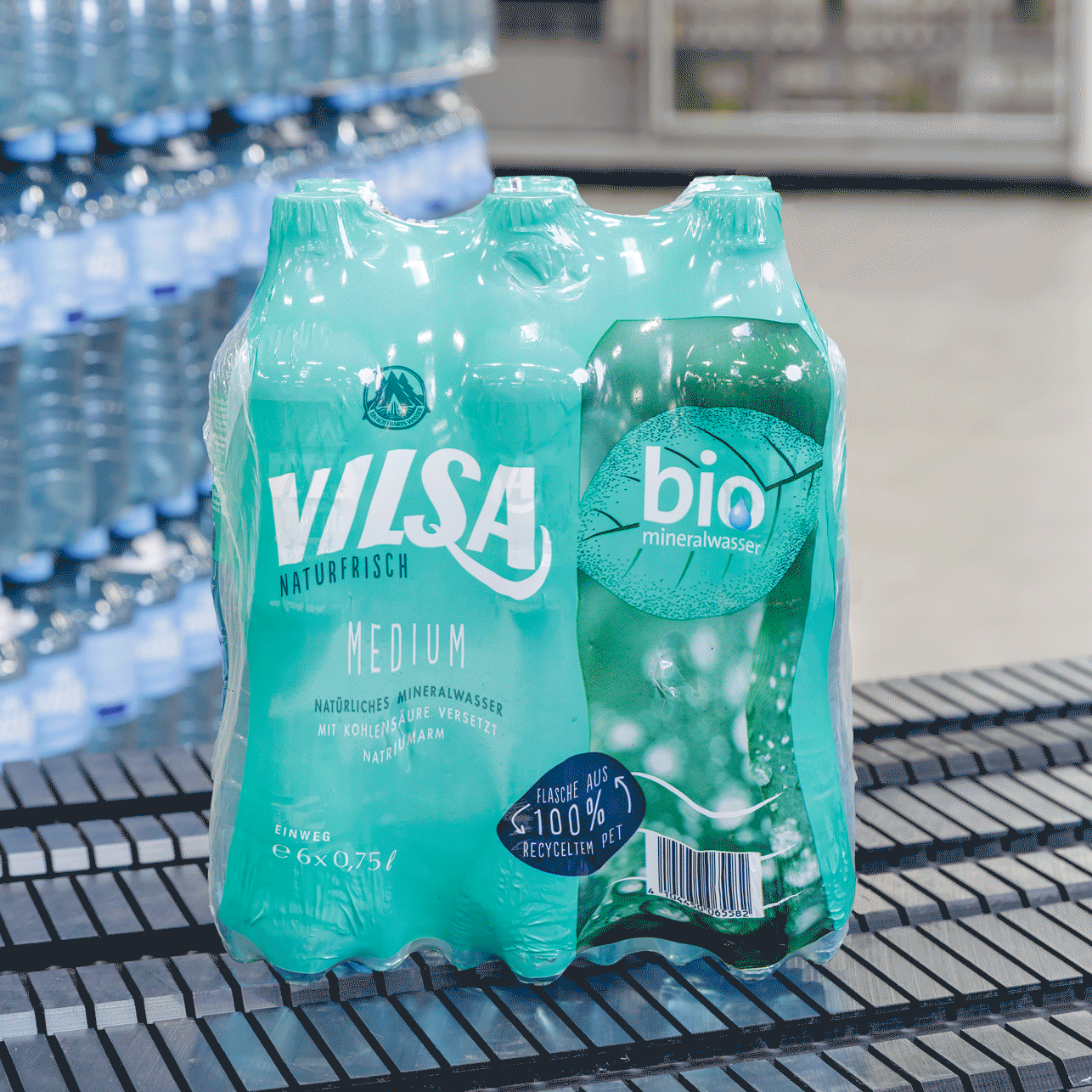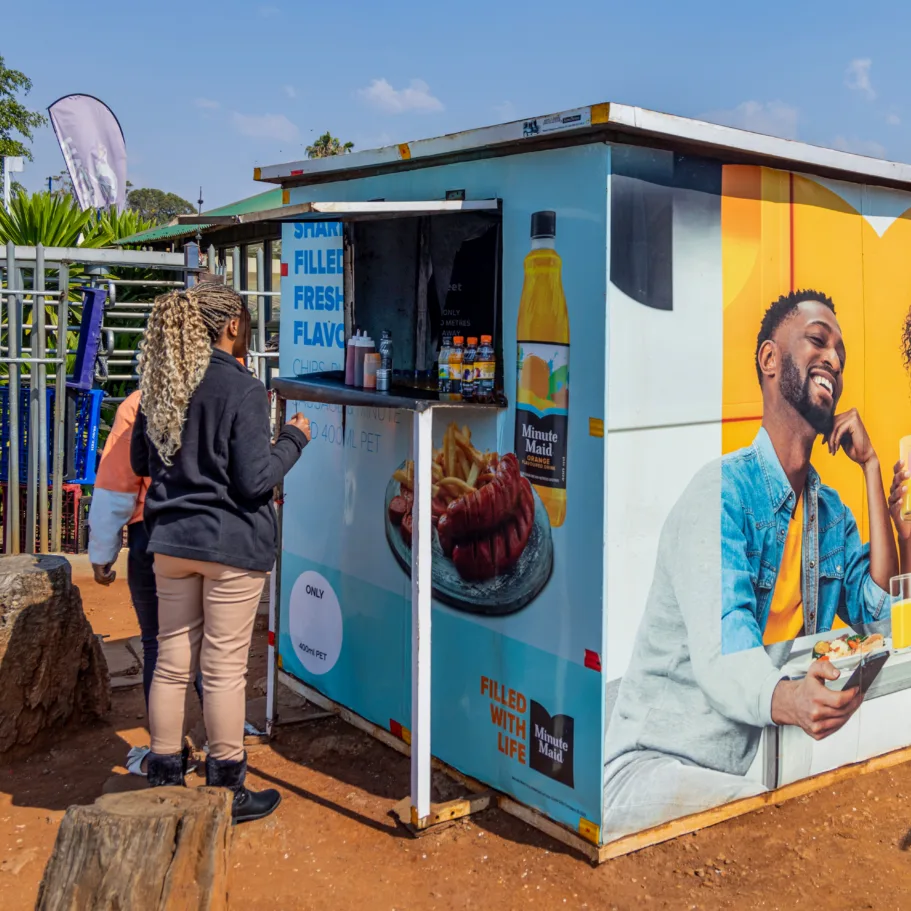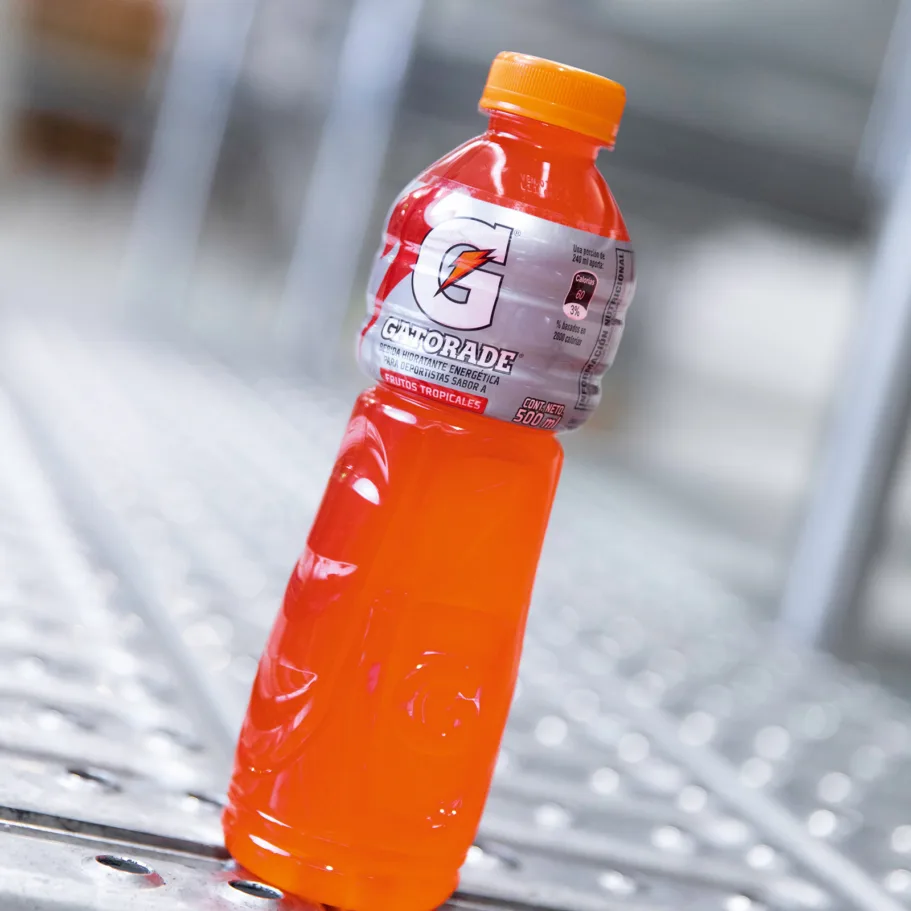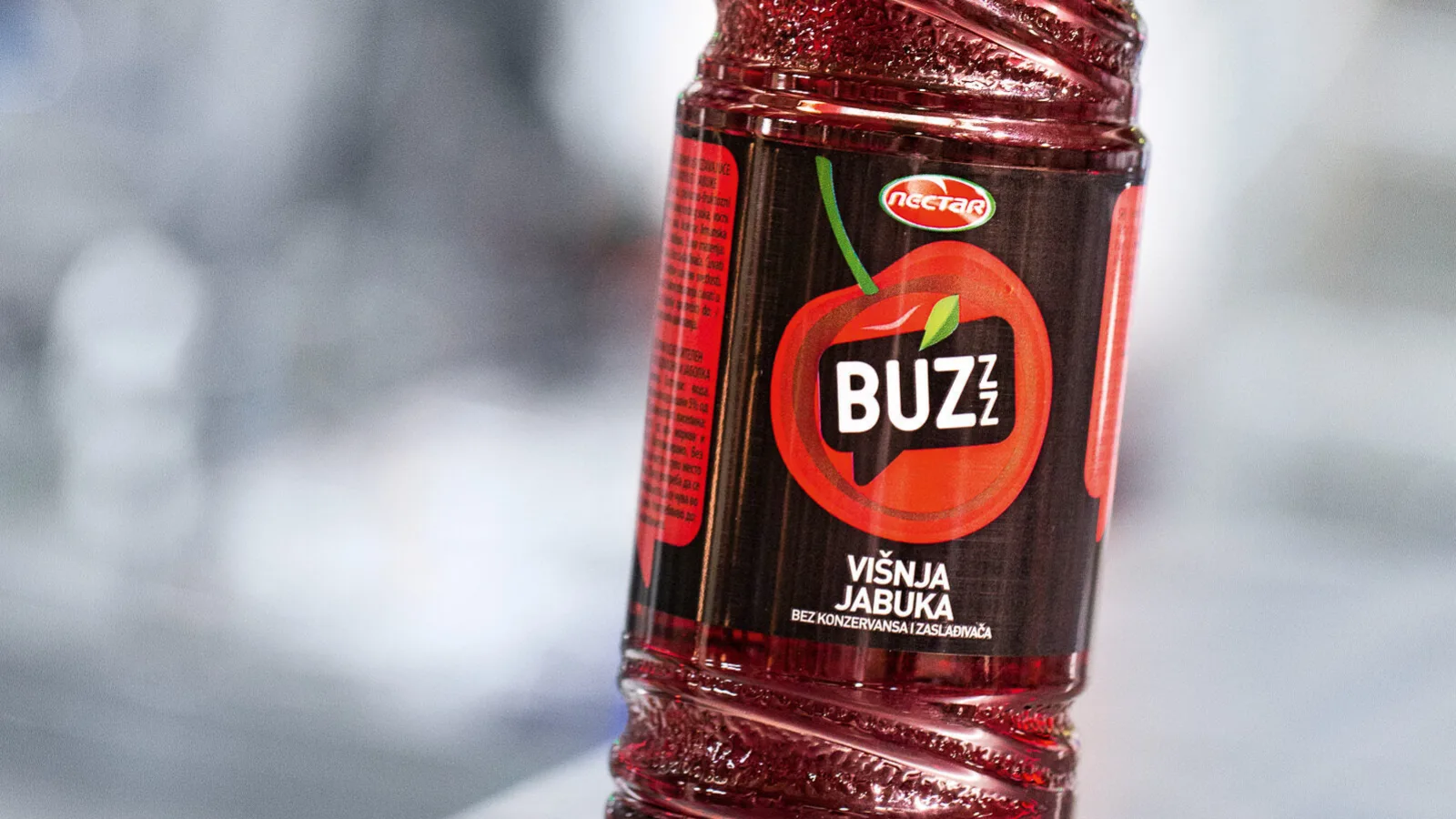
Fruitful investment
Serbian fruit juice producer Nectar is raising the level of its technical equipment to totally unprecedented heights with a new aseptic filler from KHS. / This is not only of benefit to the quality of its products but also to its efficiency in production.
When Nectar started up its first production line for processing fruit juice in beverage cartons 20 years ago near Novi Sad in the northwest of Serbia, there was no telling just how fast the company would develop. Five years later a factory for the production of fruit concentrates and purées was procured in Vladičin Han in the south of the country. In 2005 a PET, a glass and a canning line were added to the machine park, with new beverage carton lines following soon after. In 2008 Nectar became the majority owner of the Heba mineral water bottling plant in Bujanovac, also in the south of Serbia, and since 2011 Nectar has owned Fructal, a Slovenian processor of fruit with over 70 years of tradition under its belt.
Nectar is now a veritable model company as demonstrated among other things by it being awarded the title of best corporate brand in Serbia in 2013. No competitor covers all stages of the value chain as thoroughly as Nectar: from its own plantations through purchasing, fruit processing and cooperation with fruit farmers to the finished product. Its high standards are expressed by the Serbian ‘nije svejedno’ which translates into English as ‘it does matter’. The company, famous well beyond the Balkan region, makes good use of this slogan and its marketing campaign emotionally explains that it does matter what we drink and what we look forward to.
Five facts: Nectar
When? Founded in Bačka Palanka, Serbia, in 1998
What? Fruit juice, fruit nectar, iced tea and energy drinks and spirits, vinegar and preserves
In which containers? PET and glass bottles, cartons and cans in sizes ranging from 200 milliliters to 2.0 liters
How much? Over 100 million liters per annum, with a third destined for export
To which regions? Serbia and bordering and other European countries
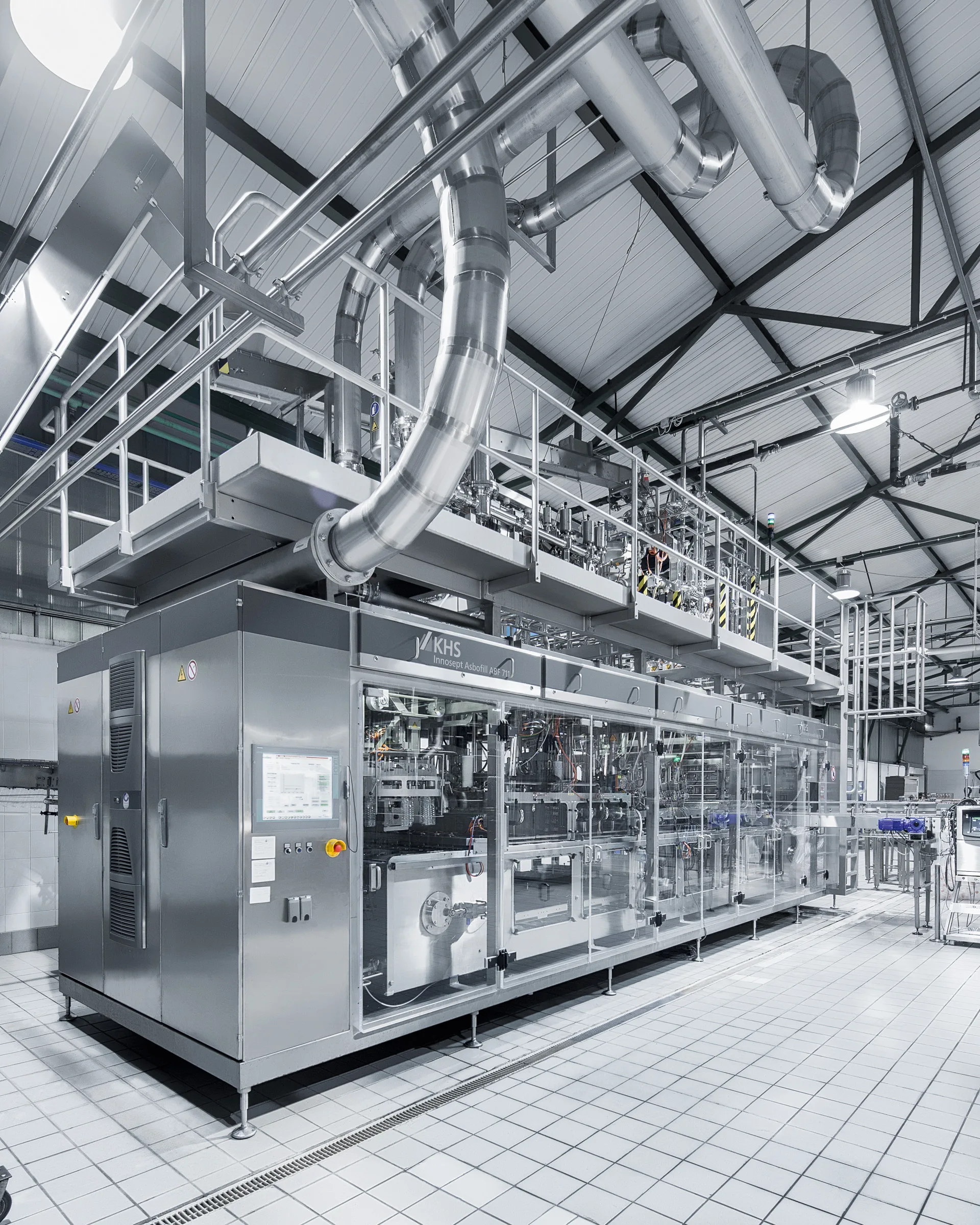
The Innosept Asbofill 711 C from KHS forms the heart of Nectar’s new line and is also the first aseptic filler of its kind in Serbia.
As one would therefore expect, great attention is paid to product quality and food safety here. Until very recently sensitive products were pasteurized and filled with the help of ultraclean filling technology (UCF), where overpressure is applied to the filling and capping zone. The air is fed in through filters to prevent any possible microbiological contamination. In addition, the empty bottles are first filled with nitrogen to improve the microbiological quality of the filling process. In order to satisfy its own growing demand for quality, Nectar has now opted for aseptic filling. This allows its range of products to be considerably expanded – both with regard to the fruit content and the various flavors and product variants in all categories. “For us, the most important thing is that we can now carry out this process under sterile conditions,” smiles production manager Milka Tomanović. “This retains the natural properties of the fruit. We have a better quality of final product and can offer greater microbiological quality over a longer period.”
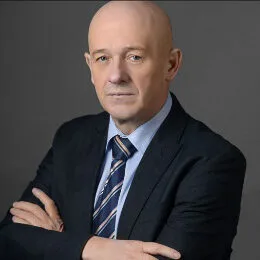
Čedo Praška, director of Nectar
Three questions for... Čedo Praška, Direktor von Nectar
What’s your company philosophy?
Ever since its founding Nectar has attached great importance to product development and ensures that it produces consistent top quality. The growing enthusiasm of our consumers proves that we’re on the right track.
What makes your company and your products so distinctive?
The Nectar company is distinguished by its employees – especially by their expertise and high level of commitment. Our products are convincing not just thanks to their high standard but also through the wide range we offer, which includes something for everyone.
What plans do you have for the future?
We’ve made it our mission to become the market leader in the production of organic foods – and not just of beverages. We’re thus planning on making further investments and launching new packaging formats. We also want to offer consumers new products for all kinds of lifestyles, such as organic smoothies for people out and about and balanced breakfast snacks.
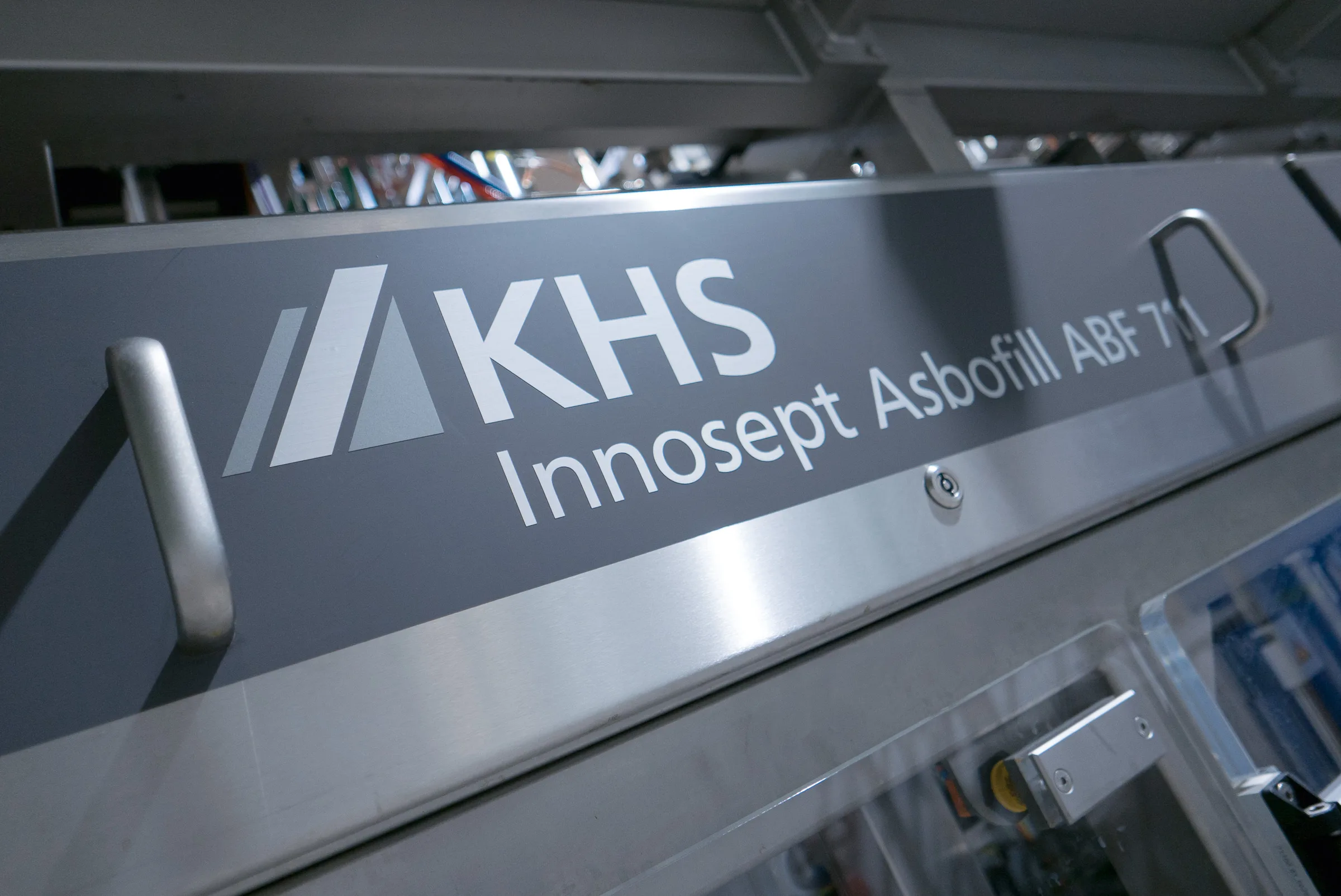
The reliable technology used to create aseptic production conditions prompted Nectar to work together with KHS.
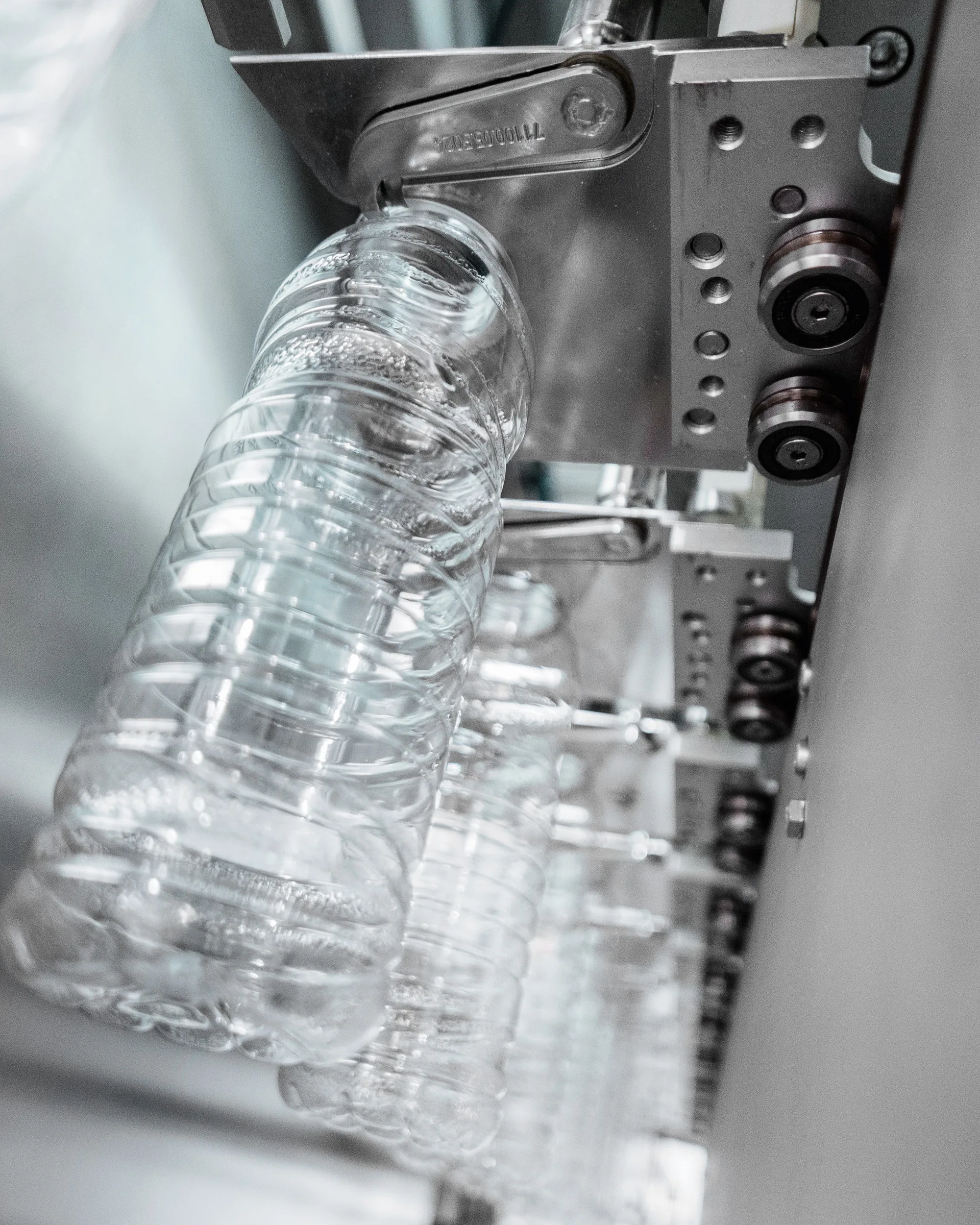
The new PET bottle design for BUZZZ was developed by Nectar in close cooperation with the experts from the Bottles & Shapes program at KHS in Hamburg.
Safety first
Creating sterile conditions for aseptic fillers is a tricky undertaking. It was thus soon clear to Nectar that the only technological partners to come into question were certified systems manufacturers proven worldwide. “Not only was the high quality of the components important to us; it was also essential that we could fully rely on the technology to generate aseptic production conditions,” emphasizes Tomanović. This quickly narrowed down the number of possible manufacturers.
Nenad Delovski, head of the KHS office in Belgrade, had long been in touch with Nectar. “Five years ago we attended an aseptic presentation at the KHS factory in Bad Kreuznach together,” he remembers. “Since then we’ve been in constant contact, both locally and at various trade shows.” In the meantime the customer had become convinced that the high standard it required for its own products could only be achieved by using equipment of an equally top quality. This is even more important when it comes to securing a permanent supply to the European market. Above and beyond the basic requirements, the many opportunities offered by the system, its control setup and maintenance program and – above all – the recommendations from other companies ultimately persuaded Nectar to work together with the Dortmund systems supplier. “With the new Innosept Asbofill ABF 711 C Nectar has the first aseptic filler of this kind for the production of fruit juice in all of Serbia,” explains Delovski – more than befitting for the biggest fruit processor in the whole of southeast Europe.
“With our new line we’ve been able to greatly boost our efficiency thanks to its much higher output and a reduction in downtime.”
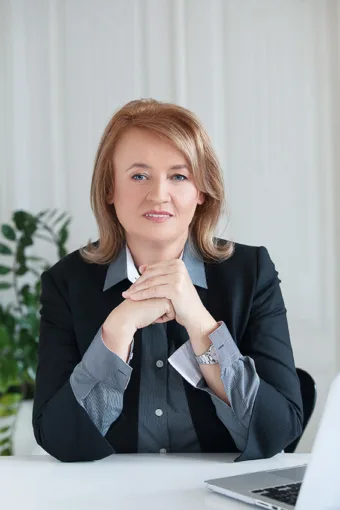
Milka Tomanović, Production manager at Nectar
Second hand, first class
Used machines from KHS: For about ten years now Bert Kojetin in Hamburg has been responsible for KHS’ used machine business. Each year he buys up three to five stretch blow molders which have been in use for an average of 12 to 15 years. The purchase is often treated as a trade-in in conjunction with the sale of a new machine. Kojetin has his ‘old dears’ shipped off to Spain where they are overhauled by a KHS partner. This process takes about three months. The machines are first inspected and all technically defective or worn parts replaced; in addition, any rust is removed from the housing which is then recoated. According to the purchaser’s requirements the system is finally equipped with new molds before being sent off to its new destination. Once arrived, Service Planning then commissions the machinery. Purchasers of generally overhauled machines like these are usually beverage bottlers or machine dealers or – as is the case here – KHS itself when a used machine is part of a new system or line. With a total service life of 30 years the effort is worth it – also for KHS. “A machine in production is ultimately also a spare parts customer for us, if you will,” explains Kojetin. Kojetin has already sold four used stretch blow molders to Serbia. The ‘fascinating customs clearance procedure’ with the non-EU country he finds a particular challenge – everything else is mere routine.
Money well spent
The line has a capacity of 12,000 bottles per hour and processes 500-milliliter, 750-milliliter and 1.5-liter PET bottles. Nectar not only invested in a filler but also in a stretch blow molder by seizing the opportunity to acquire a used, fully overhauled system from KHS (see the box entitled ‘Second hand, first class’). Including all air conveyors, discharge to the packaging and palletizing section and an Innocheck FHC fill height control system the investment came to about €3.5 million – which Nectar believes is money well spent.
What production manager Tomanović particularly appreciates about the cooperation with KHS is the teamwork Nectar enjoys with KHS’ competent engineers. “These people share their knowledge with the customer,” she smiles. “This gives us security and the good feeling that we can easily clear up any problems which might arise in a straightforward manner.” Tomanović is also very pleased with the result. “With our new line we’ve been able to greatly boost our efficiency – on the one hand thanks to the much higher capacity than on the old line and on the other through a reduction in downtime and larger production series.”
